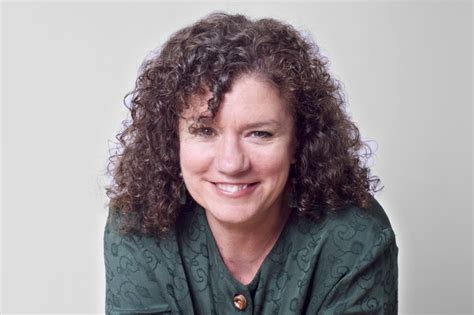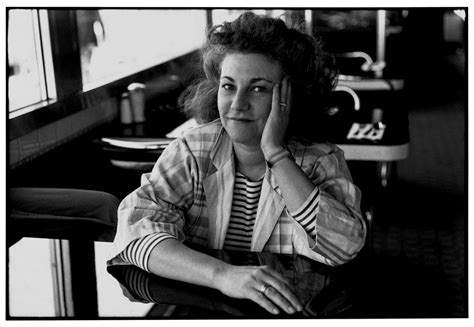A Quote by Constance Hale
Voice is the je ne sais quoi of spirited writing. It separates brochures and brilliance, memo and memoir, a ship's log and The Old Man and the Sea. The best writers stamp prose with their own distinctive personality; their timbre and tone are as recognizable as their voices on the phone. To cultivate voice, you must listen for the music of language-the vernacular, the syntactic tics, the cadences.
Related Quotes
All great questions must be raised by great voices, and the greatest voice is the voice of the people - speaking out - in prose, or painting or poetry or music; speaking out - in homes and halls, streets and farms, courts and cafes - let that voice speak and the stillness you hear will be the gratitude of mankind.
The thing that separates Sophie from the music I do for other people is that it's 100% written by me. In the past, I've written my songs and then asked friends if they could record the vocals. I didn't want to use my own voice, because other people have much better voices. I was hearing the music with a voice that I don't have.
There is really a je ne sais quoi about turkey cooking - the air of festivity, the family squabbles, the constant basting - that does not apply to the turkey breast, which is, really, a convenience of food... A turkey without seasonal angst is like a baseball game without a national anthem, a winter without snow, a birthday party without candles.






































